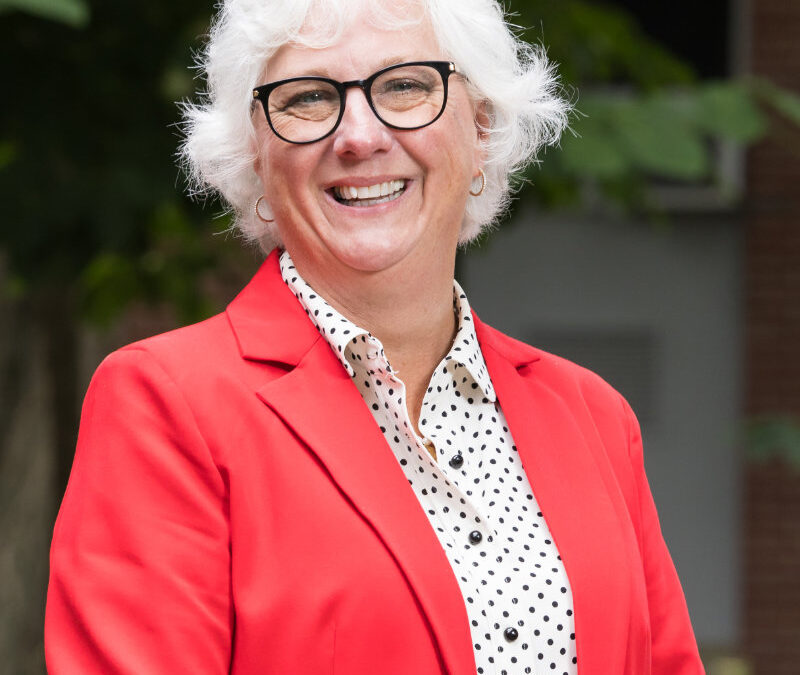QUINCY - Rev. Dr. Colleen Derr, President of Eastern Nazarene College (ENC), revealed an inspiring new vision aimed at fostering growth and advancement within the institution. Addressing members of the College on April 11, Dr. Derr outlined four key areas of focus...

President Unveils New Growth-Oriented Vision for Eastern Nazarene College
read more

